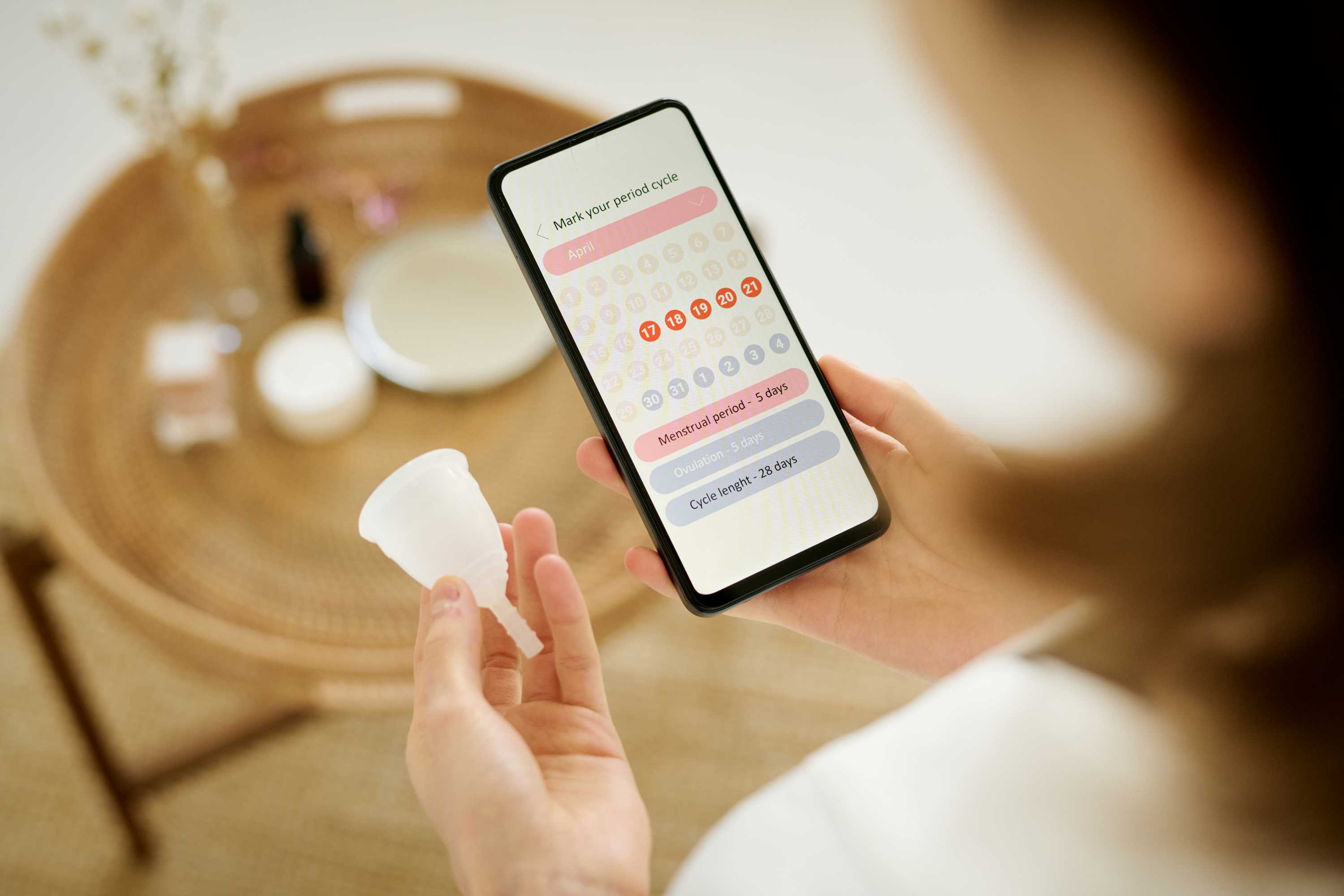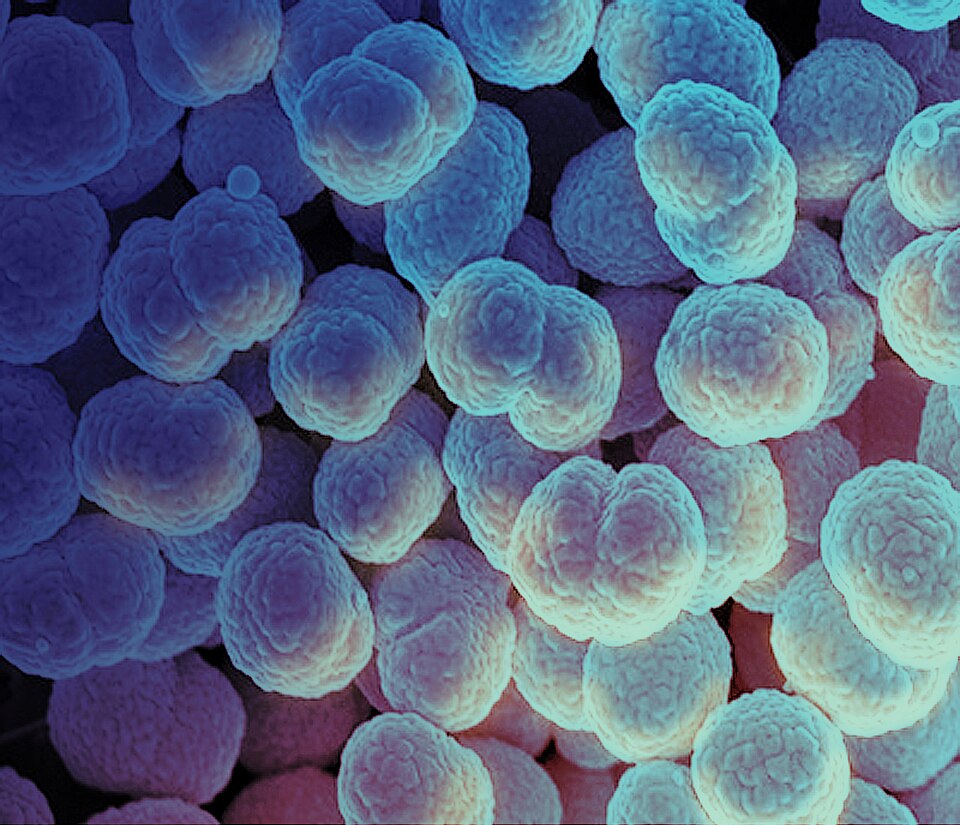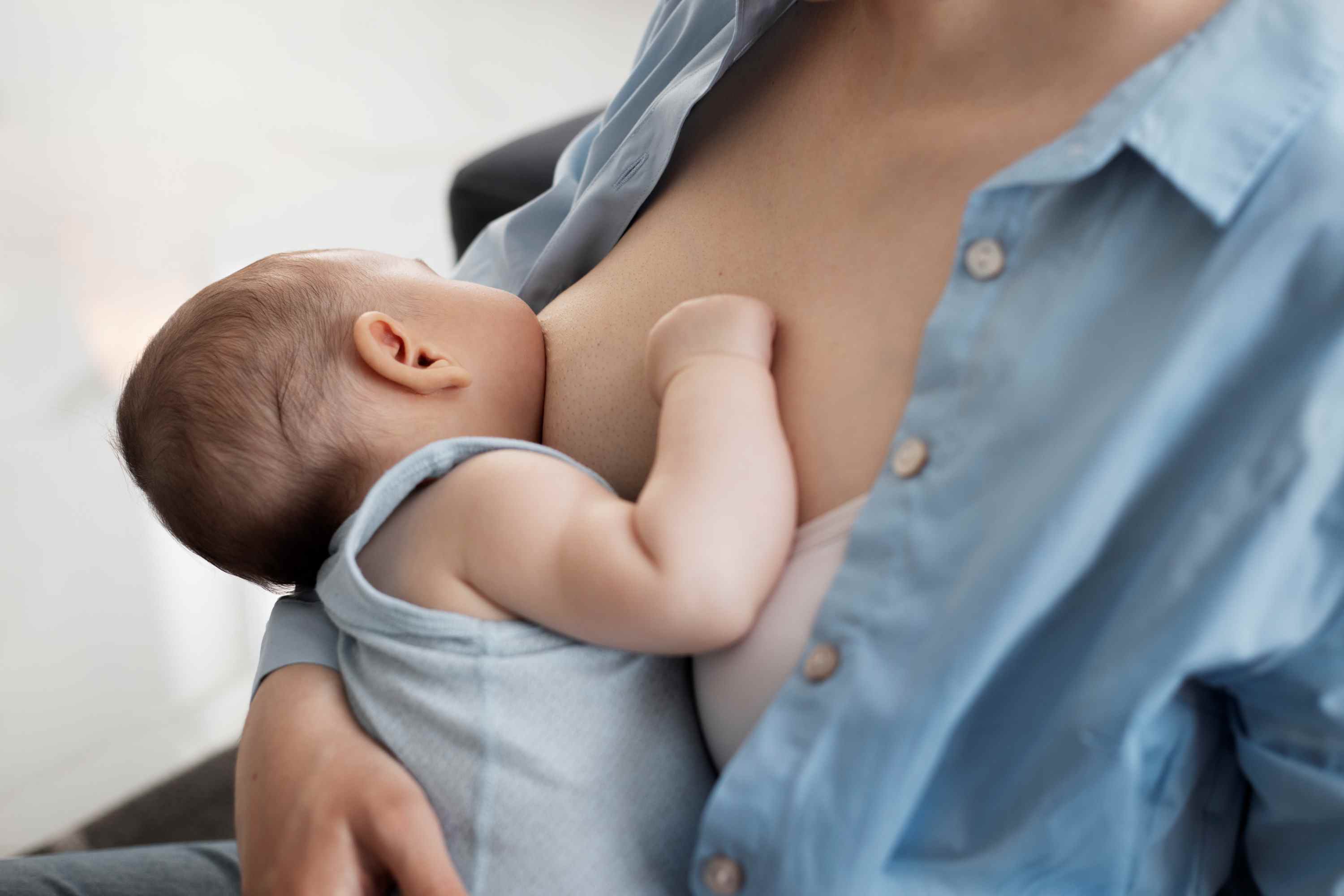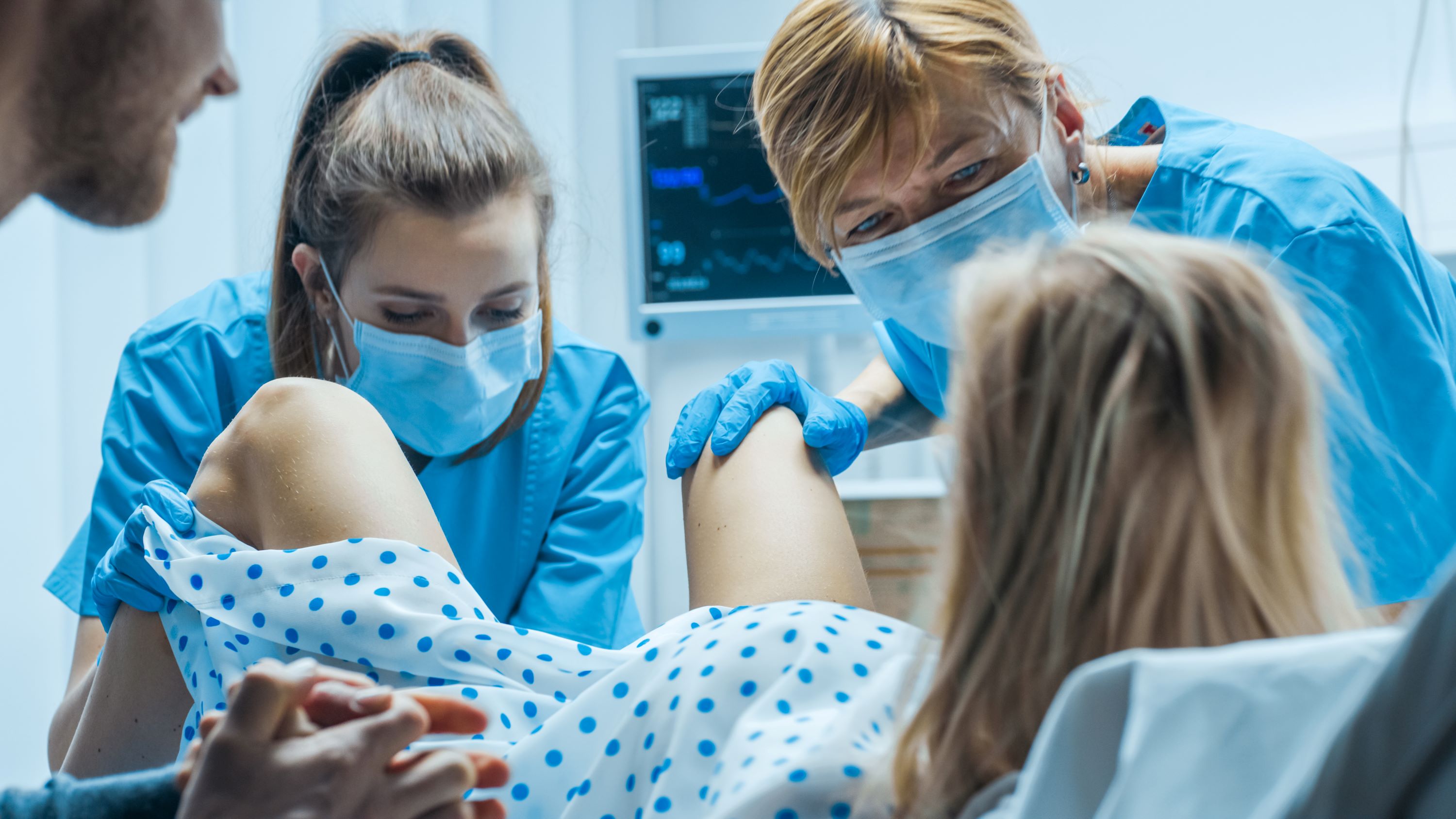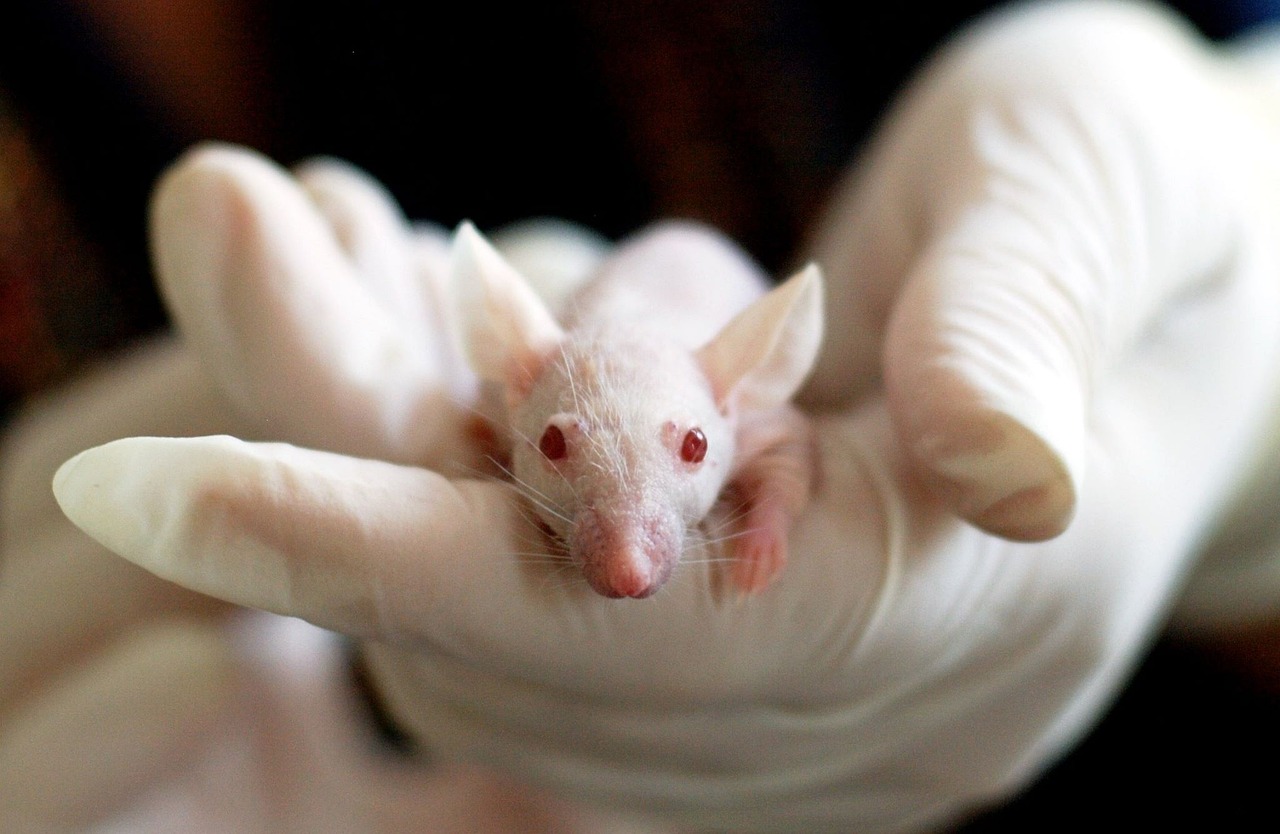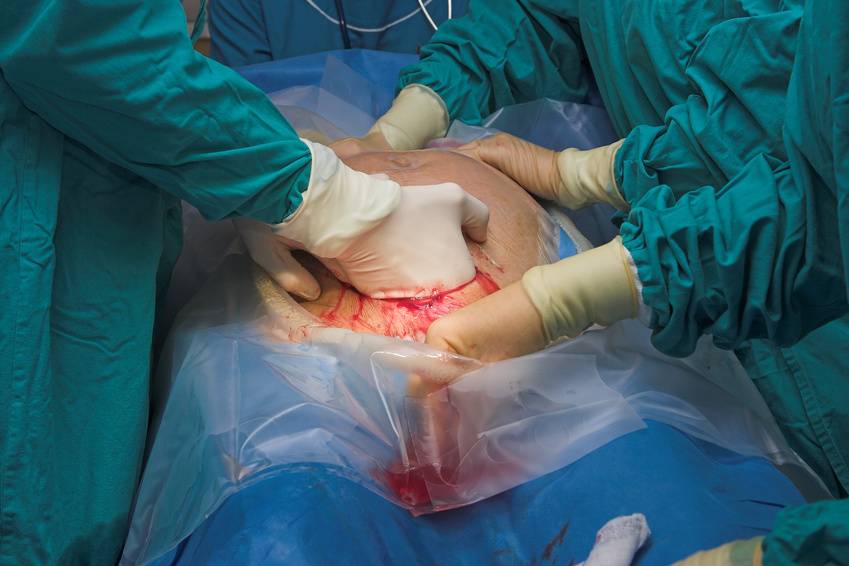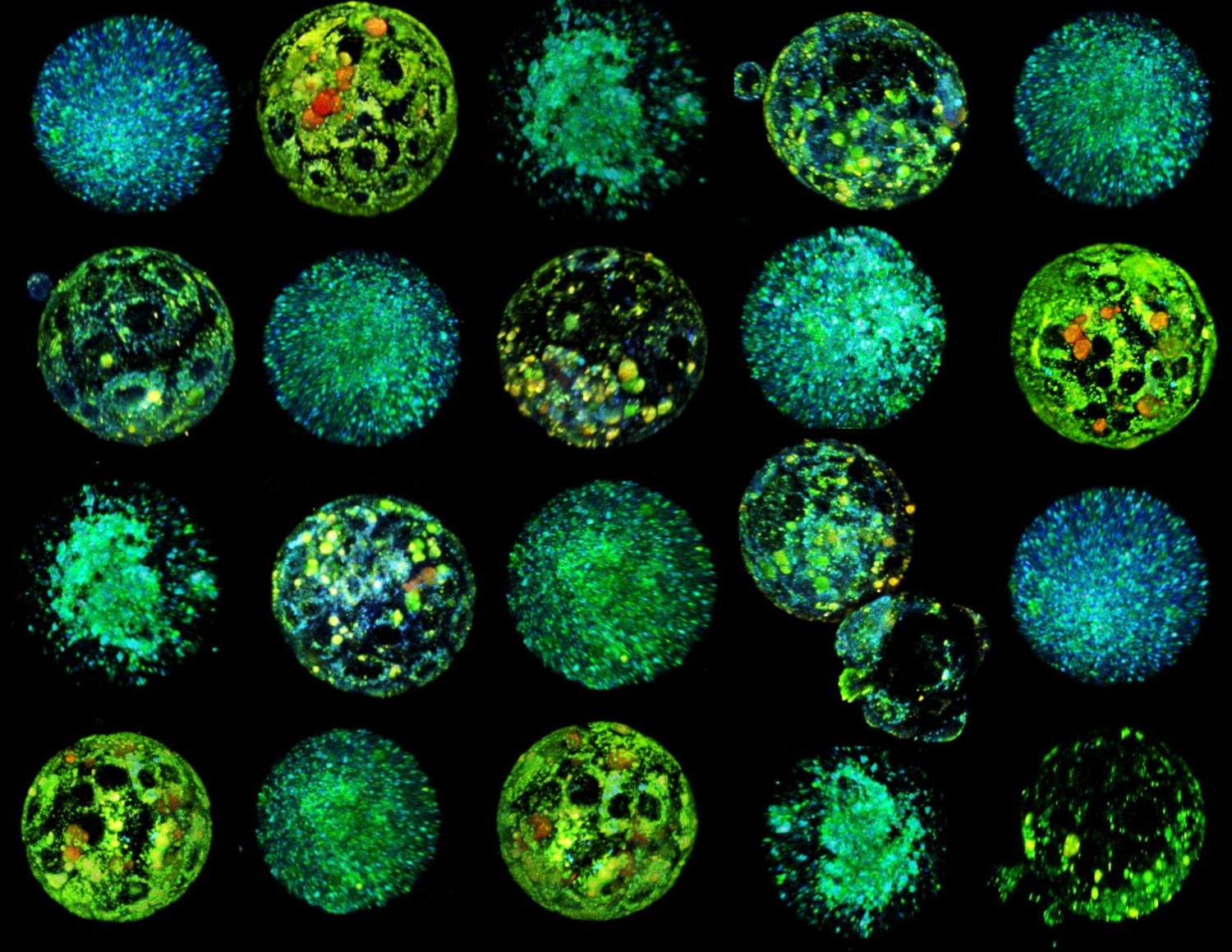Microplastics found in reproductive fluids
A research team from Murcia has found several types of microplastics in 69% of follicular fluid samples from 29 women and 55% of seminal fluid samples from 22 men, according to a presentation at the annual meeting of the European Society of Human Reproduction and Embryology (ESHRE), being held from 29 June to 2 July in Paris, France. The most frequent polymer in both types of samples was polytetrafluoroethylene (PTFE). The abstract of the research is published in the journal Human Reproduction.

